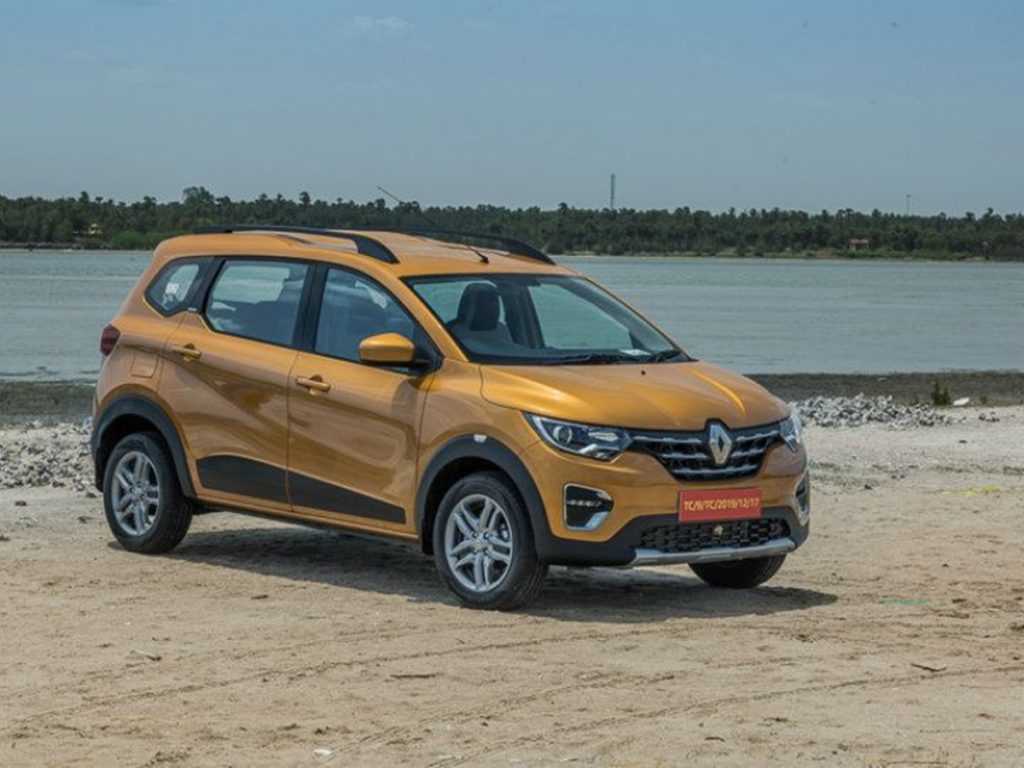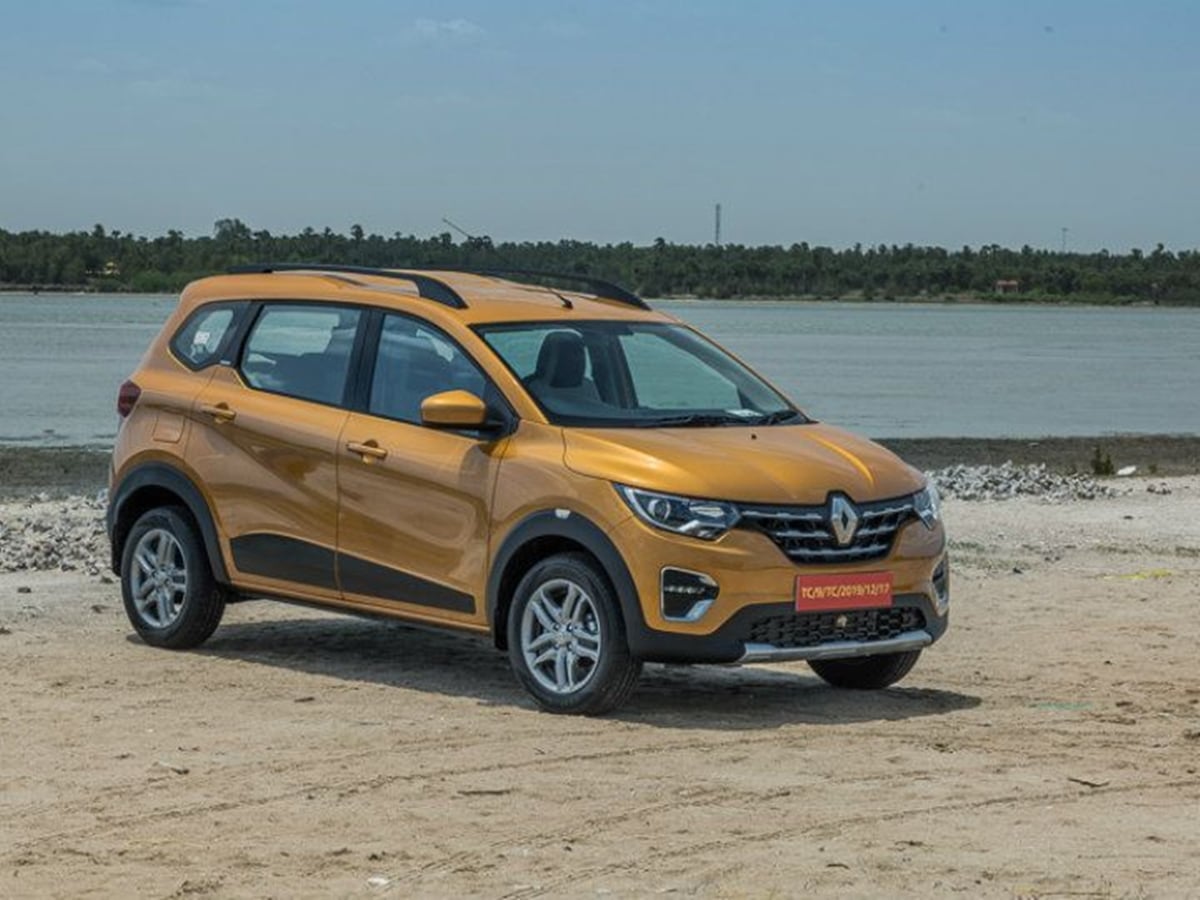Renault states the reason for the price hike is increased input cost. Although they haven’t mentioned the exact extent of hike, it will depend on model.
Renault India has announced a price hike across its range of hatchbacks and SUVs, effective from January 2020. Renault has sited a rise in input and material costs to be the reason behind this price hike. However, an annual increase in prices at the start of a new calendar year is a general practice adopted by a majority of manufacturers in the industry.

Although Renault hasn’t stated the exact amount of hike for each model, they have mentioned that the increase will be subjective to the model and fuel type. This past year has already seen a price hike for a number of vehicles owing to the mandatory implementation of safety norms. These safety norms include ABS, driver side airbag, parking sensors, speed alert systems, seatbelt reminders and compliance with crash test regulations.
It must also be mentioned that there will be another round of price hike coming from Renault as they update their entire range of vehicles to meet the BS-6 emission norms sometime next year. All Renault cars are still running BS-4 engines and they will inevitably see a rise in price as they make the switch to cleaner emission technologies before April 2020.
Also Read : Renault has crossed 18,500 units with the Triber in India!
This price hike would also be effective for new cars like the Renault Triber and Kwid facelift that were launched recently. Another important thing to note is that Renault has said that they would discontinuing their diesel engines post April 2020. This means that we will see more petrol engines from Renault in the days to come. In fact, the Triber could see a new 1.0L, turbo-petrol engine offering.
Also Read : Renault Triber And Sub-Compact SUV To Get 1.0 LitreTurbo-Petrol Engine
Even Maruti Suzuki, Hyundai and Kia have announced a price hike for their vehicles which would be effective from January 2020. Among luxury carmakers, Mercedes-Benz has also announced a 3% hike in prices on all its models. You can expect more automakers to follow suit, in the run up to January 1, 2020.


